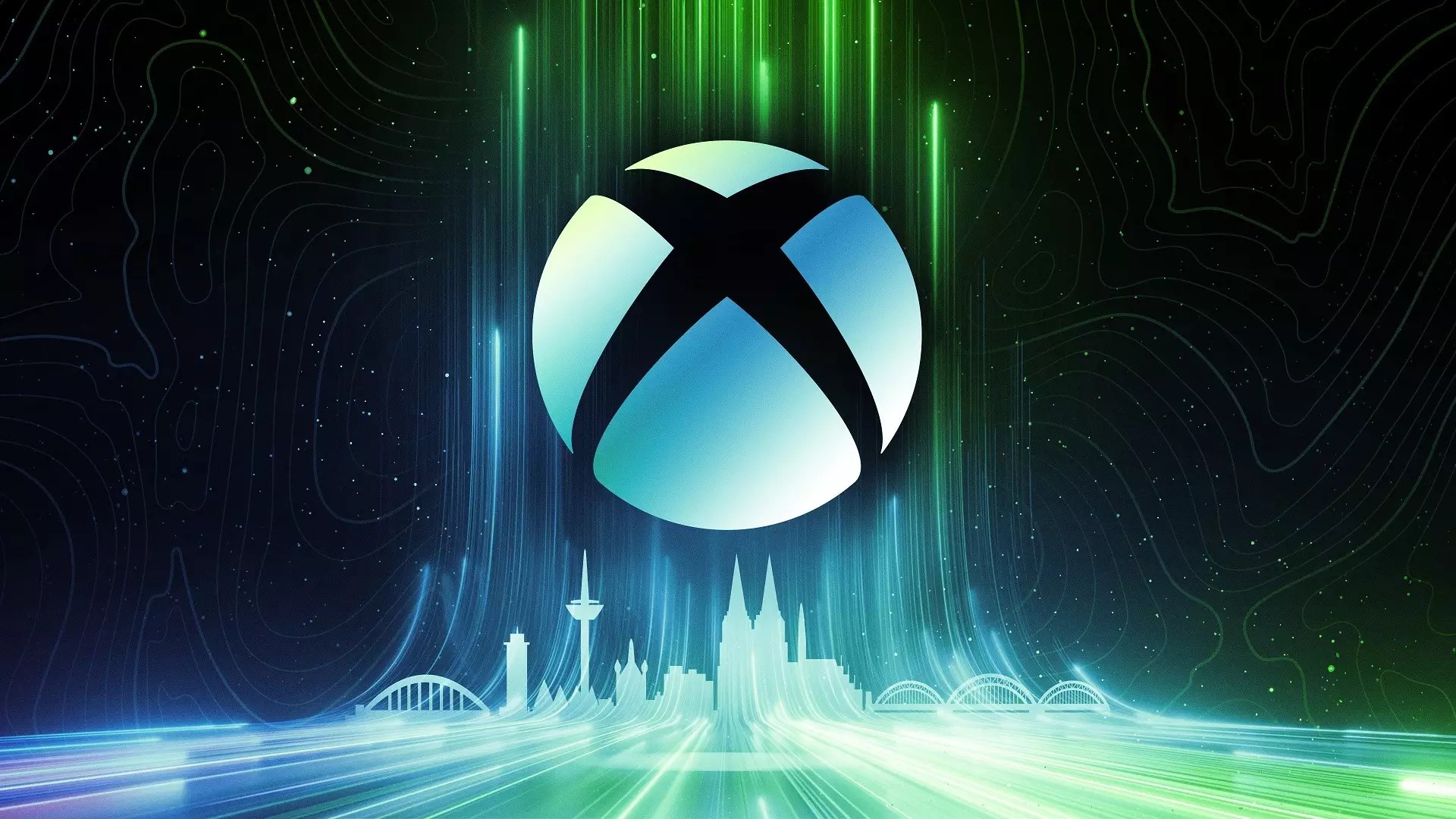In the current gaming landscape, it’s evident that the traditional model of platform exclusivity is losing its allure. Industry analysts like Mat Piscatella emphasize that multi-platform strategies are not just a temporary trend but a foundational shift in how major players operate. The core insight is clear: consumers are no longer driven by exclusives alone; instead, they seek seamless access to their favorite titles across devices they already own. This paradigm shift demands that industry giants rethink their expansion strategies—moving beyond siloed ecosystems and embracing a more inclusive, platform-agnostic approach. The success of titles like Forza Horizon 5 on multiple platforms, including PlayStation and PC, exemplifies this transition. It highlights a fundamental truth—players value flexibility, social connectivity, and access to content over brand loyalty.
Consolidating Success Through Content Accessibility
The strategic decision to broaden game availability reflects a deeper understanding of consumer behavior. As Piscatella points out, entrenched ecosystems mean that convincing players to switch hardware is increasingly difficult. Instead, companies like Xbox and Sony are recognizing that delivering compelling content wherever players choose to engage is more effective. Forza Horizon 5’s staggering purchase numbers on PlayStation, despite being a Game Pass title on Xbox, underscore this reality. Players are willing to pay full price for the convenience of playing where they feel most comfortable, whether that’s their console of choice or PC. Sony’s approach of porting beloved titles such as Uncharted and God of War to PC demonstrates an insightful adaptation—not competing with their own hardware but rather expanding their audience. This approach recognizes that the battle for gaming dominance now hinges on content reach, not hardware exclusive rights.
Strategic Porting and Cross-Platform Collaboration
The trend isn’t exclusive to Sony and Xbox. Industry leader Electronic Arts exemplifies this philosophy by making its titles available across multiple storefronts like Steam and Origin. The migration of popular IPs such as Star Wars and Need for Speed onto more accessible platforms demonstrates that publishers understand the importance of accessibility over exclusivity. Interestingly, even Nintendo, traditionally known for its insular hardware approach, is experimenting with cross-platform releases—like Lego Horizon Adventures on Switch and Helldivers II on Xbox—signaling that the playing field is evolving towards a more interconnected ecosystem. This movement not only broadens the market reach but also benefits consumers, who now have the luxury to choose their preferred platform without sacrificing access to major titles.
The Future of Gaming: A Harmonized Ecosystem
The industry is gradually shifting towards a more harmonious ecosystem where content flows freely across platforms. With Sony and Xbox both embracing multi-platform releases, the lines that once demarcated exclusive territory are blurring. This evolution signifies a profound recognition: success in gaming today is less about owning a single system and more about delivering diverse content that appeals to a broader audience. The future landscape promises an even more interconnected experience. Whether it’s Sony porting classics to PC, Xbox expanding to other consoles, or publishers testing new collaborations, the emphasis is increasingly on accessibility, convenience, and social engagement. Ultimately, this shift aligns with gamers’ desires for fluidity, fostering a gaming universe where player choice is king.


Leave a Reply